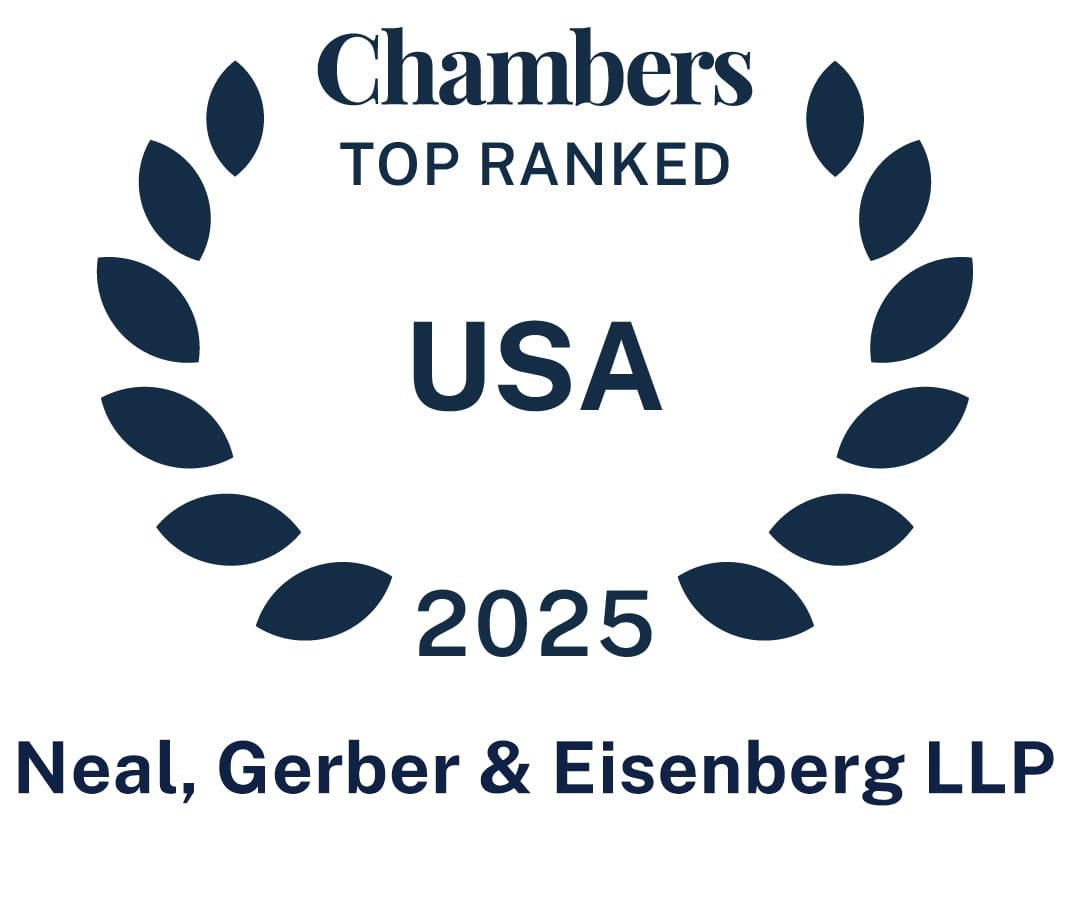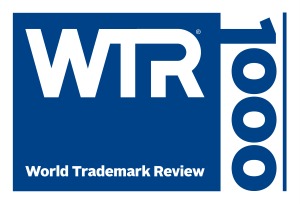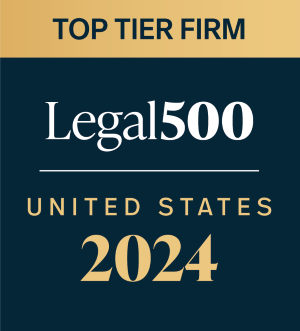Ignorantia juris non excusat, or, ignorance of the law is no excuse, is a familiar maxim. However, the Supreme Court ruled last week that good-faith mistakes of law will not invalidate otherwise valid copyright registrations.[1] Drawing on current safe harbor provisions in the Copyright Act excusing good-faith mistakes of fact in copyright applications, the Court emphasized that the purpose and policy behind the Act is to make copyright protection more accessible to non-lawyer creators, not more difficult.
The lawsuit stemmed from allegations by fabric design firm Unicolors that retail giant H&M printed several of its copyrighted designs on the retailer’s popular clothing.
A jury in the Central District of California found that H&M had infringed Unicolors’ copyrights, and Unicolors was awarded approximately $780,000.[2] H&M sought judgment as a matter of law on the basis that Unicolors’ underlying copyright registration was invalid. A Copyright Office regulation mandates that multiple works may be the subject of a single application for copyright registration only where they are “included in the same unit of publication.” Unicolors’ copyright registration in its various designs issued from a single application, but Unicolors had admitted that the 31 designs it covered had not been made available for sale, or “published,” in the same unit. Because Unicolors had not been mistaken about the facts surrounding the designs’ publication, the question became whether Unicolors’ mistake about the law invalidated its registration.
While copyright attaches automatically and without legal formality once an eligible work is created, a valid copyright registration is required before a party may bring a lawsuit to enforce its rights in federal court, and some damages awards, such as statutory damages and attorneys’ fees, can be limited to those incurred after registration. Thus, an invalid registration would mean that Unicolors’ federal lawsuit had been dead on arrival.
The District Court determined that Unicolors had not known that its application had violated the “single unit of publication” requirement, and that this mistake of law fell within the safe harbor provision of the Copyright Act, 17 U.S.C. § 411(b)(1)(A), which excuses good-faith mistakes in copyright applications.[3] On appeal, however, the Ninth Circuit ruled that this safe harbor provision applies only to mistakes of fact, not those of law.[4] Unicolors appealed to the Supreme Court.
The Supreme Court held that Section 411(b) of the Copyright Act does not distinguish between good-faith mistakes of law from those of fact; a lack of either factual or legal knowledge may excuse an inaccuracy in a copyright registration under § 411(b)(1)(A). Writing for the majority in his last term on the bench before his recently announced retirement, Justice Stephen Breyer emphasized the often-“esoteric” nature of legal requirements for copyright filings and the legislative history aimed at closing “loopholes” protecting legally savvy but bad-faith copyright infringers. Justice Breyer reminded readers that Section 411(b) does not provide an automatic shelter for anyone claiming a lack of legal knowledge—courts may, of course, assess direct and circumstantial evidence demonstrating whether parties in fact had actual knowledge of, or were willfully blind to, the law. The case was remanded to the District Court, which will assess the now-ultimate question of whether Unicolors’ claimed misunderstanding of the law was indeed an honest mistake.
Observers have praised this decision as a victory for creators and copyright owners, who may now endeavor to protect their works without fear that would-be infringers will be able to raise as a shield their good-faith mistakes regarding esoteric aspects of the copyright registration process.
—
The content above is based on information current at the time of its publication and may not reflect the most recent developments or guidance. Neal Gerber Eisenberg LLP provides this content for general informational purposes only. It does not constitute legal advice, and does not create an attorney-client relationship. You should seek advice from professional advisers with respect to your particular circumstances.
[1] Unicolors, Inc. v. H&M Hennes & Mauritz, L.P., No. 20-915 (U.S. Feb. 24, 2022).
[2] Unicolors, Inc. v. Hennes, 2018 U.S. Dist. LEXIS 230412, 2018 WL 6016989 (C.D. Cal., Sept. 25, 2018).
[3] Ord. Den. Mot. for J. as a Matter of Law, Unicolors, Inc. v. Hennes, No. 2:16cv2322 (C.D. Cal., Aug. 1, 2018), ECF No. 262.
[4] Unicolors, Inc. v. H&M Hennes & Mauritz, L.P., 959 F.3d 1194 (9th Cir. 2020).












